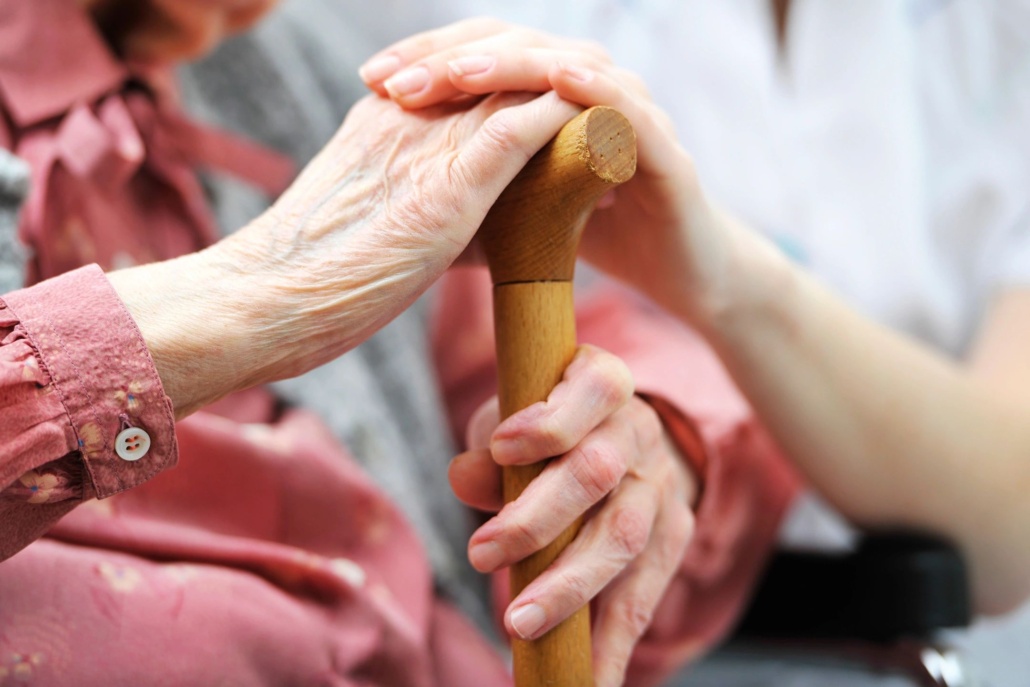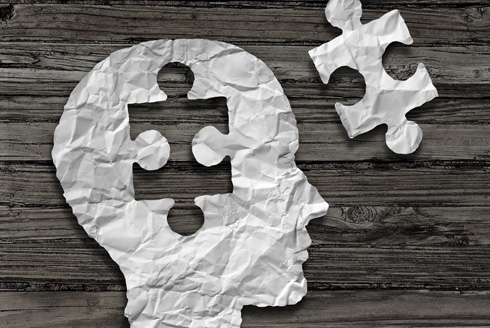This is my first blog about internships. As the internship director for our company, this topic has been on my mind as of late because I am working to complete the necessary paperwork for Central Ohio Music Therapy, LLC to become a National Roster Internship site for the American Music Therapy Association. Knowing that good experiences and education can provide keys to success, this mixed methods study sounded interesting when I went to look for resources recently. I will say that understanding how undergraduates view the internship process was not something I had thought about before. Internships can vary in length depending on the facility or company hosting the internship. …
This study took place by the geriatric department in Lanspitali University Hospital in Reykjavik, Iceland. Researchers found that a majority of people living with Alzheimer’s disease show many episodic behavioral and psychological symptoms of dementia, such as agitation and restlessness. This can lead to decreased wellbeing in patients, decreased quality of life, and an increase of heavy burden on the caregivers, (Scansdottir & Snaedal, 2006). These symptoms can determine the difference in one’s life as to where they live; at home, in a nursing facility, or an institution. Treatment to these symptoms are mostly pharmacological, which can include but are not limited to sedatives, neuroleptics, or antidepressants. This use of…
For many music therapists, research is a lifeline and an incredible tool with which we expand our personal knowledge and educate others in and out of our field, including client families. Throughout previous and current research, the language used amongst researchers has come to the forefront of Metell’s mind. In this article, Metell describes in great detail the discrepancies between language used in research as compared to language used in person with families and clients. Although there are moments of uncertainty, unfamiliarity, and discomfort, Metell respects these dissonant emotions through full awareness and identification of their biased social context. Discourse as a social system gives production to knowledge and meaning…
Back in May 2019, I wrote about a research study called “Music Improves Social Communication and Auditory-Motor Connectivity with Children with Autism” (Sharda, M, et al., 2018). That study looked at roughly 51 children in which half of them received music therapy and the other half received non-music based therapy and focused on how the music affected their socialization skills. In discussing the results and conclusion, I stated, “Positive results often bleed into improved quality of life issues for the family, who are the main support system and need support in the way of effective therapies.” This post highlights another study, but this one is using electroencephalography, better known as…
Dementia, and its various forms, is a disease that often changes the personality of the individual, which may include agitation, wandering, and other behaviors that are difficult to manage in the home. Caregivers are challenged to deal with these symptoms and sometimes have to resort to moving their loved one to a facility. Over the years I have worked with individuals diagnosed with various forms of dementia in both home settings and in facilities. Music therapy has proven over and over to be a positive form of therapy that can redirect unpleasant behaviors and give caregivers an opportunity to share a special time with their loved one. Researchers piloted a…
“Music therapy is an established allied health profession and is used with increased frequency in the treatment of those with terminal illness,” (Hilliard, 2005). The author states this article reviews the imperial studies found in the literature and documents of an evidence-based approach of music therapy in hospice and palliative care. With new music therapy programs, more families and patients have access to this service at end-of-life care. This article states that methods used by music therapists include songwriting, improvisation, guided imagery and music, lyric analysis, singing, instrument playing, and relaxation techniques. These methods contribute to the care of increased socialization, emotional well-being, cognitive stimulation, decrease pain, and spiritual support.…
Living with a child with anxiety can be stressful for the caregivers, siblings, and other professionals interacting with the child. Without treatment, these behaviors can extend into adulthood so intervention should occur as early as the behaviors appear. Current treatments include Cognitive Behavioral Therapy, pharmacological treatment, or a combination of these treatments. Music therapy is a non-invasive and safe way to help children manage their anxiety. This therapy is hands on and gives children an alternative method to communicate their feelings, which children may have trouble conveying through words. Goldbeck & Ellerkamp (2012) conducted a study of children ages eight to twelve diagnosed with anxiety disorders. Individual and group music…
As we move into a new decade, many mind shifts are taking place in personal lives, in professional lives, and in social lives. Perhaps, it is time we also make a shift in awareness of our psychotherapeutic relationship with our clients, specifically, our power differential within the relationship. For many years, therapeutic relationships (music and non-music) have existed in a traditional dyad setting, for some seen in a ‘normal’ v. ‘abnormal’ viewpoint. This viewpoint dates back to 1973, and before, when the American Psychiatric Association finally removed “homosexuality” from its Diagnostic and Statistical Manual of Mental Disorders. This shift away from pathologizing the LGBTQ community did not end in one…
This study was published in 2011 by Yonsei University College of Medicine in Seoul, Korea! It is a private research university, and one of three SKY universities, which are widely regarded as the most prestigious in the country. The purpose of this study was to “investigate the effects of music therapy on depressive mood and anxiety in post-stroke patients and evaluate satisfaction levels of patients and caregivers.” The study states, “Music therapy appears to affect physiological phenomena such as blood pressure, heartbeat, respiration, and mydriasis as well as emotional aspects such as mood and feelings.” Oxford Dictionary defines mydriasis as the dilation of the pupils of the eyes. Other side…
I f you have a child with Autism Spectrum Disorder (ASD), you are always looking for treatment modalities to help them with their social challenges and bring out their strengths as a person. As a therapist and parent of an adult child with ASD, I know that I have wanted the best for my child so he can be as independent as possible. Through various trials and studies, music therapy researchers as well as non-music therapy researchers have studied the benefits of using music with children challenged by the limitations and challenges that come with having ASD. This group of researchers wanted to look specifically at how the auditory-motor connectivity…










